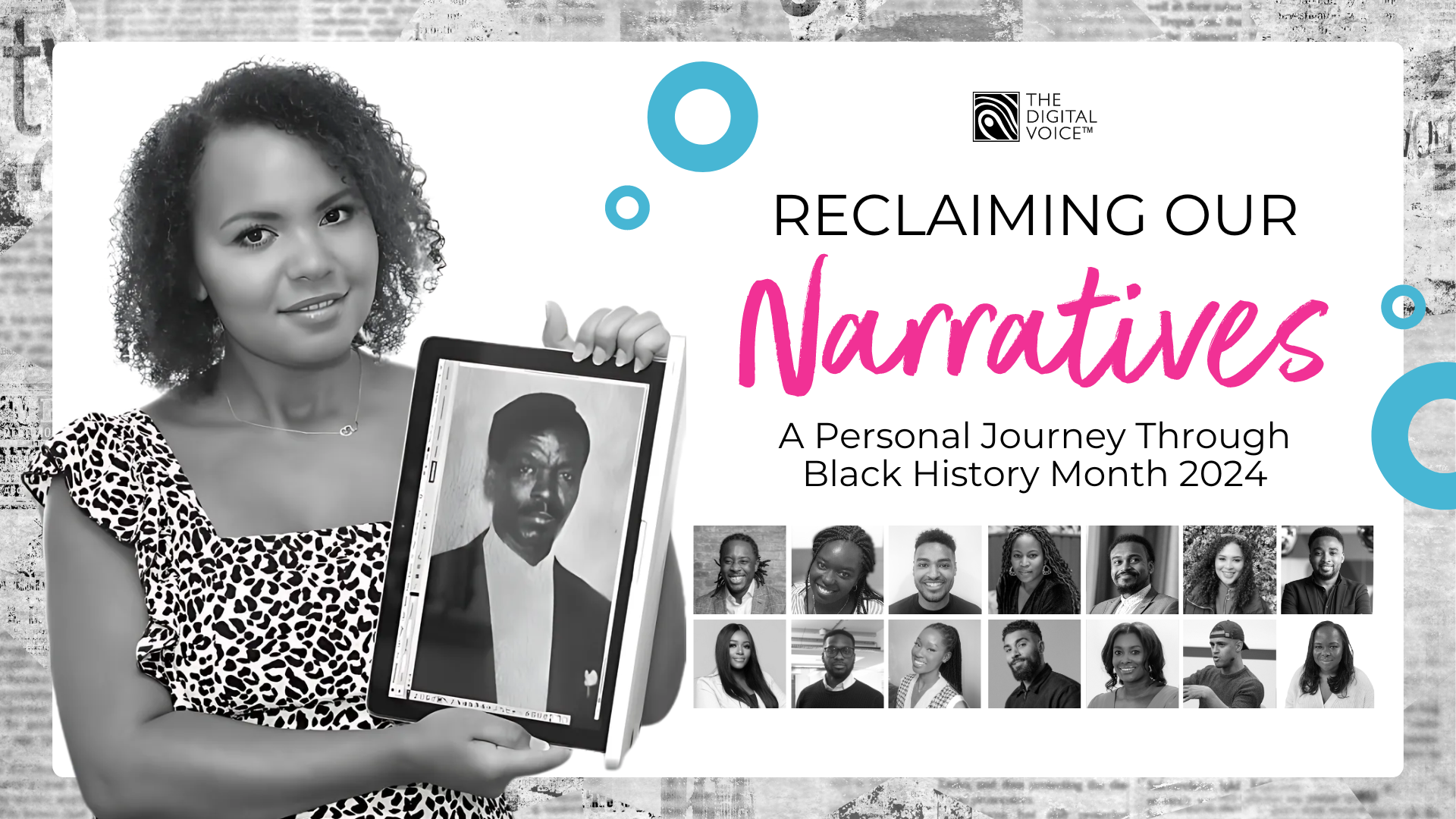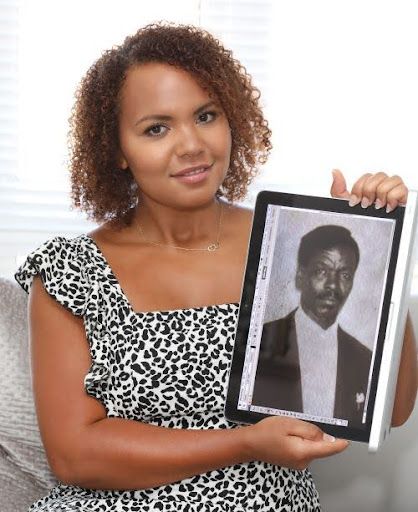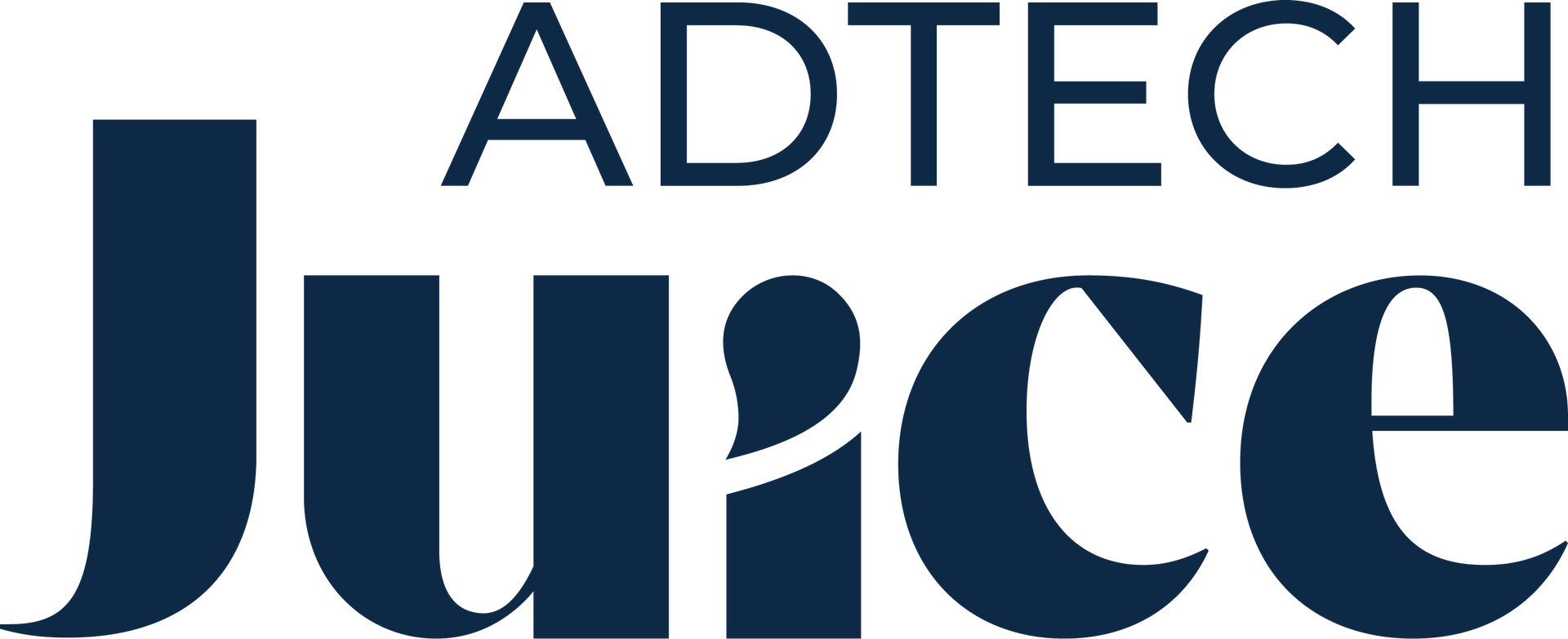Reclaiming Our Narratives
A Personal Journey Through Black History Month 2024

37 years ago, Ghanaian activist Akyaaba Addai-Sebo initiated Black History Month (BHM) in the UK, to varying degrees of adoption across the British ecosystem. Its purpose is crucial – 75% of UK adults know little to nothing about Black British history, and 52% can’t name a single Black British historical figure. Consider that 3.7% of the UK population – over 2.4 million people - identify as Black. The statistics paint a clear picture. Whilst awareness has improved, there is a lot of work still to be done.
A Legacy of Change
For me, BHM is not just a cultural moment, but a deeply personal call to action. My grandfather,
Asquith Xavier, was a Dominican migrant and part of the Windrush generation, and bravely challenged the status quo in 1966 by refusing to accept a racist employment policy at British Rail that denied him a job. His courage in the face of discrimination not only changed his life, but also paved the way for future generations.
This legacy is my inspiration to be the change I want to see. The fight for equality is ongoing and each of us has the power to make a difference. I follow in his footsteps wherever I can to ensure my children grow up in a more equitable and inclusive society – In 2020 I co-founded a charity to help build race relations and community cohesion, working towards decolonising the national curriculum and improving policies, practices and representation. Inspired by family history and driven by love, I want to create lasting change in how we perceive and celebrate diversity.
Naturally this personal mission has followed me into the workplace. Recognising BHM at work is not just about celebration – it serves several purposes:
- Opening essential dialogues among colleagues and breaking down barriers by fostering understanding
- Challenging the notion that diversity is a “box-ticking” exercise
- Addressing the gap in our historical education, spotlighting long-overlooked contributions
- Providing opportunities to discuss the equity required to level the playing field and increase representation of marginalised ethnic minorities
Black History Month is not just an expression of commitment to DEI initiatives, it’s a necessary catalyst for education and change. It’s time to acknowledge hidden figures, challenge deep-rooted biases, and for Black people to take control of our narratives.
Reclaiming the Narrative
Exploring this year’s theme of “Reclaiming Narratives”, I invite everyone to consider their role in shaping a more inclusive future. Whether it's through education, mentorship, or challenging systemic inequalities, each of us has the ability to contribute to positive change.
This year I've had the privilege of interviewing a cross-section of Black voices across media, marketing, and adtech, and their insights shed light on the challenges and opportunities in reclaiming our narratives.
Whilst not all workplaces are as diverse as we might like, everyone has a diversity, whether that be gender, ethnicity, disability or socioeconomic background. “Diversity is a fact,” says Annika Allen Gray, Head of DEI at All3Media Group. “[Inclusion] is needed for behaviour and culture change. That’s the work that needs to be done to enable people, particularly from historically excluded backgrounds, to thrive and want to stay in the workplace."
Inclusion starts with equitable representation. Stephanie Larkin, Client Engagement Executive at The Digital Voice™, believes that providing mentors at all career stages is the way forward. “It is essential that those at the early stages of their careers have access to the resources needed to succeed, particularly those who may lack the social capital often required in our industry. However, mentorship should continue once they enter the industry, to ensure ongoing development and progression into senior positions.”
Adele Lewis Bridgeman, co-founder of Responsible Resourcing Agency, adds “Inclusion equals income, so it’s important for businesses to ambassador inclusive practices where their people are hired, trained and actively involved in decision-making processes.”
For others, narrative is a personal agenda. “I’ve always tried to stay consistent,” says Axel Campbell, Sales Development Rep at esbconnect, “and be the best version of myself, which forces people to know who I am and take me seriously.”
“I’ve taken control of my story by not letting comparison steal my happiness,” shares Faith Ilori, Senior Marketing Executive at the Digital Voice™, ”and ignoring societal stereotypes or stigmas that might prevent me from stepping into spaces where there is a lack of diversity and representation.”
For The Digital Voice™ Events Manager, Akinyi Odhiambo, it’s about putting yourself out there in the industry. “Say yes - say yes to the client networking drinks, say yes to mentorship schemes, say yes to things that scare you. Just be a bit braver in situations that intimidate you.”
“The conversations you have with your team and your peers, you can teach them about your culture and heritage,” says Nadine Leighton, Marketing Director of Bright Software Group. “It shouldn’t be performative, it’s about education.”
Evelyn Oluwole, Global Sales Director at WeTransfer, has spent 20 years in the media industry. She is very open when sharing her Nigerian heritage and personal perspectives to educate those around her, rather than expecting them to know how to address her. Authenticity is important. But as well as striving for personal improvement and representation, Evelyn knows there is significant work to be done to ensure Black people at all levels have a voice. “As a woman of colour, we don’t often get the opportunity for our voices to be heard in the workforce, even in senior leadership. You can have a seat at the table and still not have a voice. We need to work on giving each other a voice from entry-level to the c-suite – to offer the opportunity for all to share their views and to draw upon their lived experiences to contribute to business decisions."
Tyrone Stewart, Deputy Editor, New Digital Age, is in agreement. “There’s still work to be done, particularly in senior leadership roles.”
And it’s for the best, not just for inclusion’s sake. Research consistently shows that diversity in the workplace leads to better outcomes. The proof is in the pudding:
- McKinsey's "Diversity Wins" report found that companies in the top quartile for ethnic diversity on executive teams were 36% more likely to have above-average profitability.
- A Boston Consulting Group study found that companies with more diverse management teams have 19% higher innovation revenues.
Empowering the Next Generation
Our leaders offered valuable advice for upcoming Black professionals:
- Continuous Learning: "Never stop educating yourself, and striving for excellence." – Michael Balogun, Business Development Director at Realiz.
- Building Networks: "Network relentlessly. Your network is your net worth.” – Eb Adeyeri, VP Strategic Partnerships, Paid Social at Jellyfish.
- Owning Your Narrative: "Don't let others define you. Take control of your story, and show up as your authentic self as this will empower others to do the same" – Jordan Jarrett-Bryan, Broadcaster at Channel 4 News.
- Confidence: "Use the data and your lived experience to be confident in your decisions and back yourself." – Jay Richards, CEO & Co-founder of Imagen Insights.
The Road Ahead
“The one major thing that will move the dial for our industry is time,” proposes Christopher Kenna, CEO & Founder of Media and Technology company BA Diversity Media Inc// GenB TV. "In time, the people that are around now will no longer be around, and the change will be the young people coming up as they do not look at the world the way we do."
But in order to ensure the next generation has that opportunity, we have to reclaim our narratives. Whether it's through education, mentorship, or challenging stereotypes in our work, each of us has a role to play. The collective wisdom of these leaders underscores a crucial point: our narratives are ours to shape. Through perseverance and a commitment to lifting others as we rise, we can ensure that the stories told about Black professionals in the future are ones of triumph, innovation, and leadership.
Let us carry this spirit of empowerment and authenticity forward, not just during Black History Month, but every day, as we continue to reclaim and redefine Black narratives for generations to come.

Camealia is the Marketing and Social Media Director for The Digital Voice™ and works with clients across all areas of the business. A passionate advocate of Diversity, Equity and Inclusion, Camealia prides herself on bringing the fun factor to her work to encourage a sense of belonging and workplace wellbeing.Prior to joining The Digital Voice™, Camealia earned her stripes working her way up as a Fashion Buyer before diversifying her commercial skill set in various roles within E-commerce, Events, Marketing and Management. She brings with her a wealth of experience, a creative eye and a passionate, solution-oriented approach.



